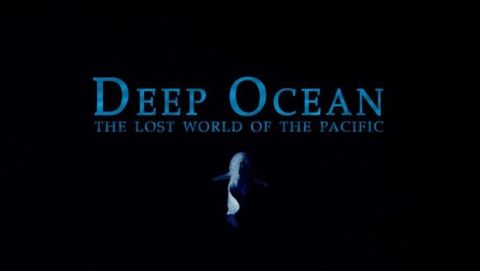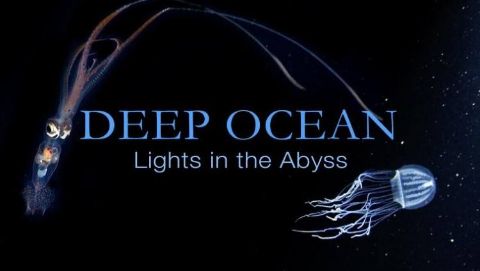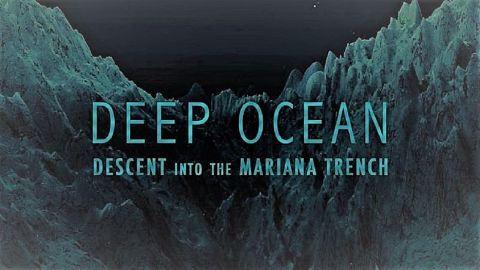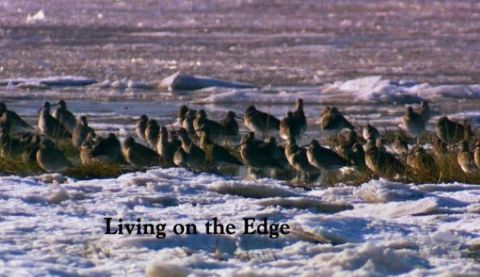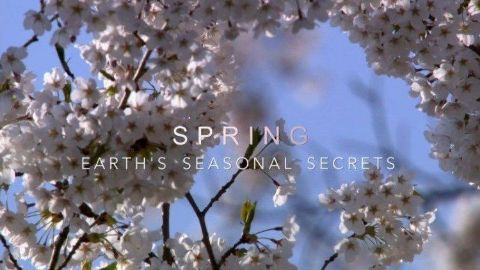Descent into the Mariana Trench • 2018 • episode "Part 3" • Deep Ocean
Exploring an unknown world 10,000 m beneath the waves. After capturing a giant squid on film, NHK's deep-sea film crew explores our planet's deepest point The Mariana Trench is nearly 7 miles deep. The water pressure is immense, and it's a world that's long been out of our reach. What creatures could survive such hostile conditions? This is an expedition to explore the earth's deepest frontier. Narrated By David Attenborough.
Make a donation
Buy a brother a hot coffee? Or a cold beer?
Hope you're finding these documentaries fascinating and eye-opening. It's just me, working hard behind the scenes to bring you this enriching content.
Running and maintaining a website like this takes time and resources. That's why I'm reaching out to you. If you appreciate what I do and would like to support my efforts, would you consider "buying me a coffee"?
Donation addresses
BTC: bc1q8ldskxh4x9qnddhcrgcun8rtvddeldm2a07r2v
ETH: 0x5CCAAA1afc5c5D814129d99277dDb5A979672116
With your donation through , you can show your appreciation and help me keep this project going. Every contribution, no matter how small, makes a significant impact. It goes directly towards covering server costs.
